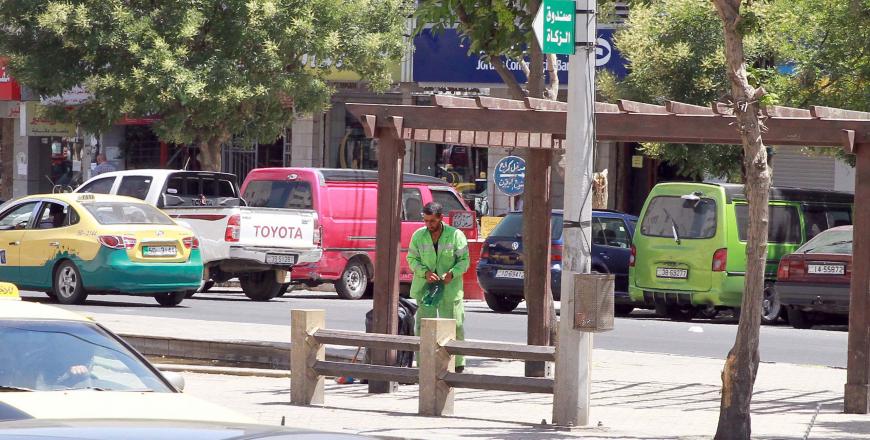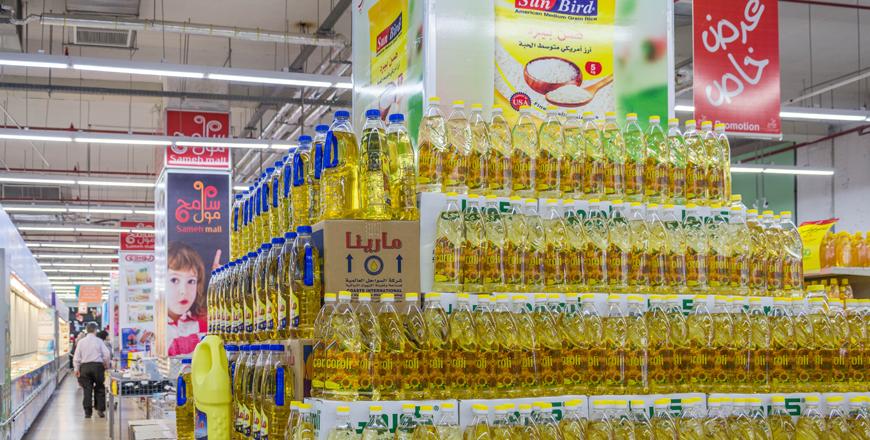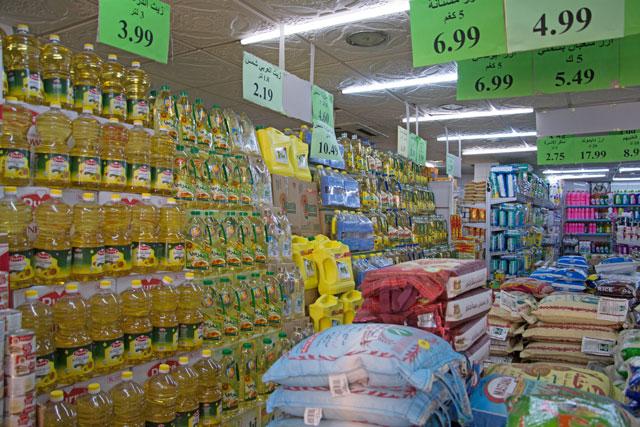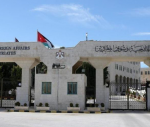You are here
Consumers buy and waste ‘more than usual’ at Ramadan start
By JT - May 29,2017 - Last updated at May 29,2017
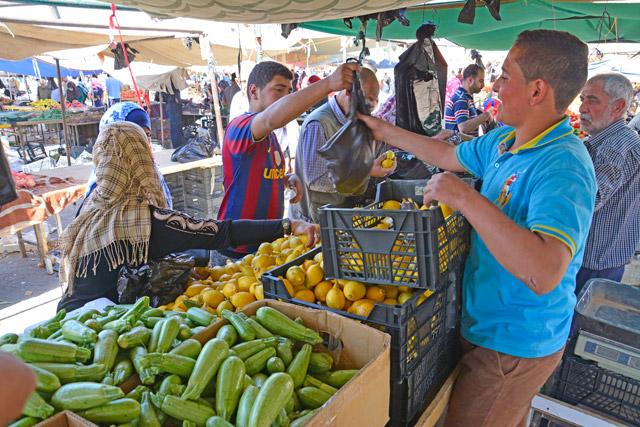
People shop for vegetables in an Amman market this week. Food consumption and waste have risen in the first days of Ramadan, officials have said (Photo by Amjad Ghsoun)
AMMAN — There was a 500-tonne increase in the volume of waste collected from the capital and the central region on the first two days of Ramadan, the Jordan News Agency, Petra, reported on Monday.
Basem Tarawneh, deputy director for districts and environmental affairs at the Greater Amman Municipality (GAM), said that the municipality's workers on Sunday moved 3,600 tonnes of waste, a significant increase from the daily average of 3,000 tonnes collected and transferred to the Al Ghabawi landfill.
Tarawneh said the quantity could reach 4,000 tonnes during the last 10 days of Ramadan, potentially increasing to 5,000 tonnes on Eid Al Fitr.
Around 4,500 street cleaners work in three shifts, while GAM is working to increase nighttime cleaning of main streets and commercial areas, Tarawneh said, adding that GAM gives cleaners an hour to rest at iftar.
He urged the public to be active partners in maintaining the cleanliness of the city in support of the workers.
Meanwhile, Civil Service Consumer Corporation (CSCC) branches around the Kingdom have witnessed a large public demand on commodities in preparation for the fasting month of Ramadan, Petra reported on Monday.
The number of buyers at CSCC branches tripled during the several days before the start of Ramadan, compared to other days, Petra quoted CSCC Director General Salman Qudah as saying. He attributed the rising demand to the availability of commodities and their “moderate prices”, in addition to promotional offers.
The corporation worked to secure commodities which are usually most in demand during Ramadan, Qudah said, adding that consumers focused mostly on basic commodities such as rice, sugar, chicken, frozen meats, juice, soup and cheeses.
Qudah urged the public not to rush into buying large quantities of any commodity, since they are available during the entire fasting month, voicing the corporation’s readiness to provide charitable packages for official, private and charitable parties.
Related Articles
AMMAN — Organic materials constitute between 60 and 65 per cent of household waste produced during the fasting month of Ramadan, the Greater
AMMAN — Jordanians started preparing for Ramadan this week, causing a "remarkable" increase in demand for poultry products and grocery items
AMMAN — The prices of 48 basic food items at the Civil Service Consumer Corporation (CSCC) will be reduced by 5 to 20 per cent during the fa


